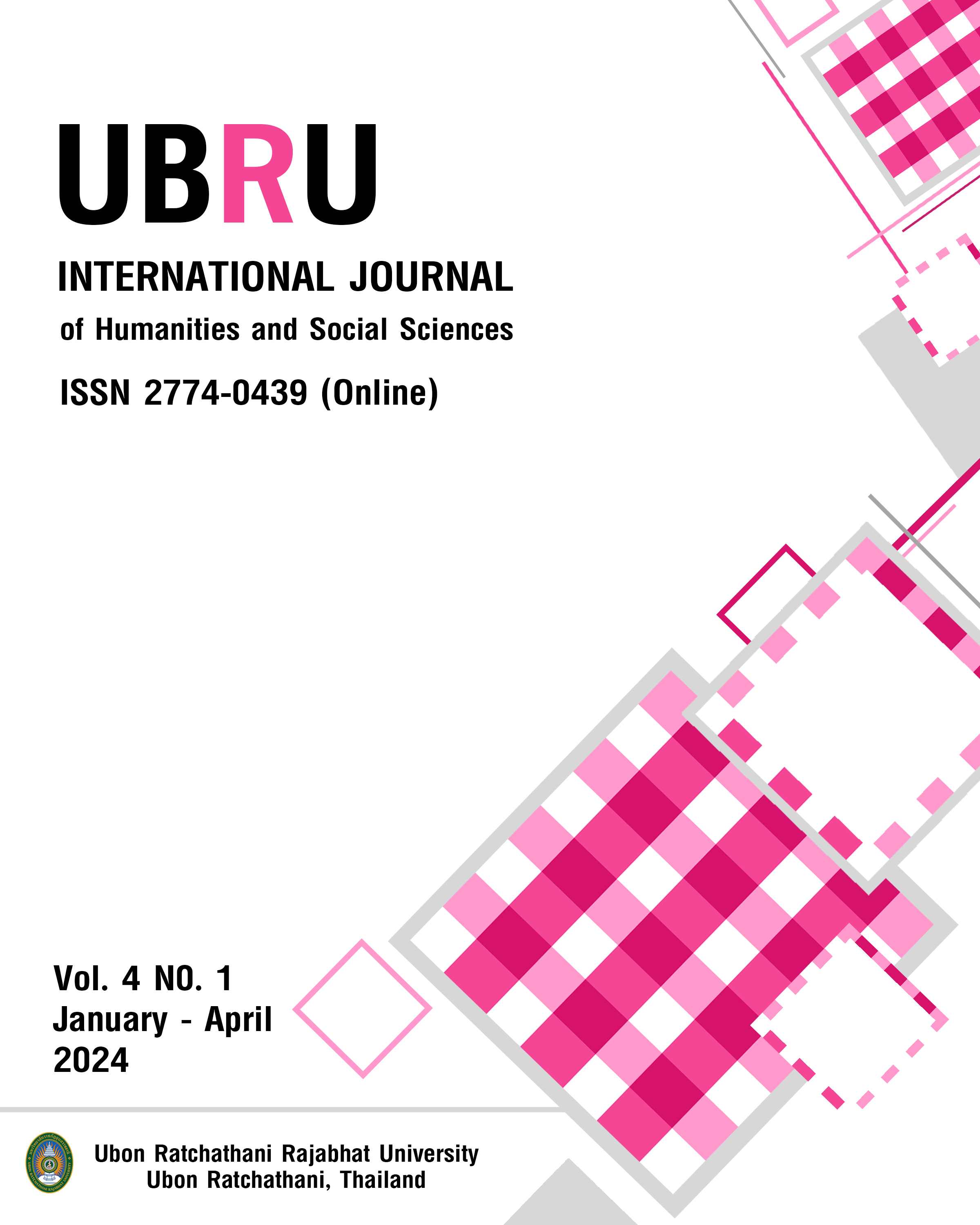Beyond Numbers: The Role of Data Quality on Lean Accounting Implementation
Main Article Content
Abstract
This research explores the role of data quality on lean accounting implementation among Thai manufacturing companies. Through the utilization of a survey-based method, this research collected from 315 accounting executives. The results underscore the intricate relationship between data quality and the implications for lean accounting implementation, emphasizing the essential role of a solid foundation of data attributes for the successful integration of lean principles. In summary, this research elucidates the inherent significance of data quality in augmenting the efficiency and effectiveness of lean accounting implementation within the distinctive operational context of manufacturing firms in Thailand.
Article Details
References
Arbula-Lopez, P. R. A. & Fortuny-Santos, J. (2010). An Accounting System to Support Process Improvements: Transition to Lean accounting implementation. Journal of Industrial Engineering & Management, 3(3), 576-602.
Blocher, E. J., Stout, D. E., Juras, P. E., & Cokins, G. (2015). Cost Management: A Strategic Emphasis, 6th Ed, Singapore: McGraw-Hill.
Cescon, F., Costantini, A., & Grassetti, L. (2016). Strategic Perspective in Management accounting: Field-Based Evidence. University degli Studi di Udine, Controllo.
Dai, J., & Vasarhelyi, M. A. (2017). Toward Blockchain-Based Accounting & Assurance. Journal of Information Systems, 31(3), 5-21.
Dhanani, S., & Scholtes, P. (2002). Thailand’s Manufacturing Competitiveness: Promoting Technology, Productivity & Linkages. Available online at https://www.unido.org/sites/default/files/2009-04/Thailands_manufacturing_competitiveness_promoting_technology_productivity_and_linkages_01_0.pdf
Ghafeer, N. D., Rahman, A. A., & Mazahrih, B. J. (2014). The relationship between Target Cost Method to Strengthen the Competitiveness of Industrial Companies. International Journal of Business & Social Science, 5(2), 250-263.
Gliaubicas, D., & Kanapickiene, R. (2015). Contingencies Impact on Lean accounting Usage in Lithuanian Companies. Procedia - Social & Behavioral Sciences. 2(3). 254-260.
Hair, J. F., Black, W. C., Babin, B. J. & Anderson, R. E. (2010). Multivariate Data Analysis. 7th ed. NJ: Prentice Hall.
International Accounting Standard Board (2015) the Conceptual Framework for Financial Reporting, available online at https://www.ifrs.org/issued-standards/list-of-standards/conceptual-framework/
International Monetary Fund. (2019). Report for Selected Countries and Subjects, available online at https://www.imf.org/external/pubs/ft/weo/2013/01/weodata/weorept.aspx?sy=2011&ey=2018&scsm=1&ssd=1&sort=country&ds=.&br=1&pr1.x=89&pr1.y=15&c=548%2C924%2C576%2C528%2C532%2C578%2C158%2C542&s=NGDPDPC%2CPPPGDP%2CPPPPC&grp=0&a=
Kelety, I. A. E. M. (2006). Towards a Conceptual Framework for Lean accounting implementation: The Concept, Objectives, & Instruments. PhD-Dissertation: Chemnitz University of Technology.
Kiattikulwattana, P. (2012). The Use of Cost Management Technique & Data Quality for Management in Thailand, KKU Research Journal, 11(2), 141-153.
Krejcie, R. V., & Morgan, D. W. (1970). Determining Sample Size for Research Activities, Educational & Psychological Measurement, 30(3), 607-610.
Mowen, M. M., Hansen, D. R., & Heitger, D. L. (2017). Cornerstones of Managerial Accounting, Thailand: Cengage.
Ward, Y., & Graves, A. (2004). A New Cost Management & Accounting Approach for Lean Enterprises, Proceeding at the Irish Academy of Management Meeting Annual conference, Ireland.


